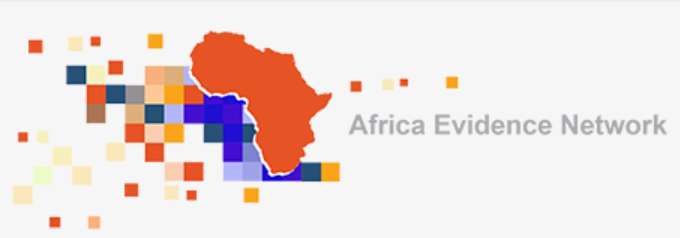
The VakaYiko Consortium is made up of five core organizations and seven grantees. INASP is leading this Consortium. Together we’re working to build capacity for evidence use in policy making in eleven countries in Africa, Asia and Latin America.
As our three-year project comes to a close this year, we’re reflecting on our experiences so that we, and others, can learn from it – what worked well, and what didn’t. So look out for our working paper in 2017! These experiences and lessons will also be shared with our network of NGO partners and policymakers in October in Accra in an end of the project symposium- we’ll make sure we share discussion on social media!
But for now, here are five achievements that stand out for me:
1. EIPM training is embedded in civil service training centre (CSTC) in Ghana and Nigeria
Benefitting from strong high-level buy-in from the Head of Civil Service, together with our Ghanaian partner organisation GINKS we have co-developed, piloted and embedded a four-module course in evidence-informed policy making at the CSTC.
In Nigeria, the Centre for Public Policy Alternatives’ training on data use in local service delivery has been adopted by the Public Service Staff Development Centre, Lagos State’s training and capacity building agency into its curriculum for local government training.
2. Zimbabwe’s Ministry of Youth has a new Research and Policy Coordination Unit
Early in the project, the Ministry of Youth created this new unit, and over the past three years we have supported its development through training staff, mentoring the director, and assisting with strategic and operational development. The next step is to develop an evidence strategy that can help the unit guide their work.
The ministry also benefitted from partnering with ZeipNET on a successful Policy Dialogue series. One of the most encouraging outcomes was the formation of a new working group to address evidence issues in youth policy. The group will examine existing evidence gaps, assesse the youth council’s functions and efficacy to achieving sustainable youth development and empowerment.
3. Kenya’s Climate Change Bill is informed by better evidence
ACTS (African Centre for Technology Studies) ran a series of roundtables with researchers to review a climate change bill which had been rejected because of poor quality of evidence. Their programme also incorporated a successful job shadowing scheme which paired researchers with policymakers. The revised bill has recently been approved, and ACTS presented their work at COP21 in Paris in November 2015.
4. Changes in evidence scrutiny at Parliament of Uganda
Thanks to strong high-level support for strengthening informed debate in Parliament and a committed staff, the Department of Research Services has a comprehensive capacity building plan in place.
After training and advisory services provided through VakaYiko, the Department has revised and updated its Policy Analysis guidelines to include scrutiny of evidence. It is also preparing to start producing written analyses of Ministerial Policy Statements, which were not previously analyzed from a research perspective.
5. There are strong local brokering organisations in Ghana and Zimbabwe
The Ghana Information Network for Knowledge Sharing (GINKS) and the Zimbabwe Evidence Informed Policy Network (ZeipNET) act as brokers between researchers and policymakers, and have led on VakaYiko’s programme delivery in their respective countries.
GINKS and ZeipNET have been supported to develop their pedagogical skills, communications, project management and M&E, and over the course of the project have built up strong local networks and relationships with government institutions.
They are now in a position to plan and deliver a range of capacity building interventions for EIPM, from training and mentoring to policy dialogues.
About the author: Emily Hayter is Programme Manager for Evidence-Informed Policy Making at INASP. She works with VakaYiko partners on capacity building for the use of research evidence. She can be contacted at @inaspinfo